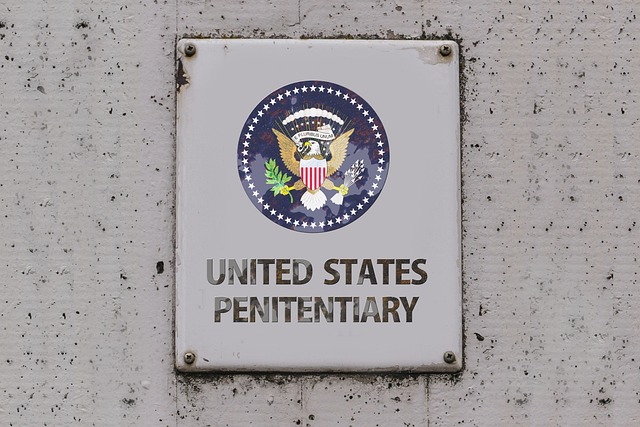Drug interactions and DUI laws are stringent in many regions, focusing on road safety and impacting employment records. These laws prohibit substance combinations that impair driving ability, emphasizing the importance of understanding regulations for clearing drug-related or DUI convictions. The process involves individuals requesting and challenging background checks, with employers and providers reviewing and verifying data to ensure accuracy while respecting privacy rights. Navigating these laws requires awareness of procedures to balance employer needs with individual privacy.
In today’s competitive job market, understanding the employment impact of drug interactions and DUI (Driving Under the Influence) laws is crucial. This comprehensive guide delves into the intricate world of drug interaction and its legal implications, specifically focusing on DUI legislation. We explore how these factors affect employment records and detail the process of clearing them. By understanding your rights and taking the necessary steps, you can navigate this complex landscape effectively.
- Understanding Drug Interaction and DUI Law: A Comprehensive Overview
- The Process of Clearing Employment Records: Rights and Steps Involved
Understanding Drug Interaction and DUI Law: A Comprehensive Overview

In many jurisdictions, drug interaction and DUI (Driving Under the Influence) laws are stringent to ensure road safety. Understanding these regulations is paramount for individuals aiming to clear their employment records. Drug interactions refer to the effects that two or more substances have when they interact within the body, potentially leading to adverse reactions. This is particularly relevant in the context of DUI laws, which strictly prohibit operating vehicles while under the influence of drugs or alcohol.
Knowing what constitutes a drug interaction and how it impacts driving ability is crucial for employment clearance. Employment backgrounds often include drug screening as part of their hiring process, and individuals with past substance use issues may face challenges in clearing these records. Legal professionals advise that avoiding any substance combination that could impair judgment and motor skills is essential to stay within the legal boundaries set by Drug Interaction and DUI Law.
The Process of Clearing Employment Records: Rights and Steps Involved

Clearing employment records, especially those involving drug interactions or DUI (Driving Under the Influence) convictions, is a multifaceted process governed by law and respect for individual rights. It begins with an understanding of applicable laws, which vary by jurisdiction but generally provide individuals with the right to request and receive copies of their employment background checks. This includes the right to challenge inaccurate or outdated information, particularly when it comes to drug test results or DUI records.
The steps typically involve a written request to the employing entity or background check provider, accompanied by proper documentation to verify identity and the specific records sought. Individuals must be transparent about their history and cooperate with requests for supporting documents. Once received, the employer or provider reviews the information, cross-references it with official records, and ensures accuracy before issuing a revised or updated report. This process is designed to balance employers’ need for comprehensive background checks with individuals’ privacy rights and the potential impact of historical events on their current employment prospects. Keeping these procedures in mind is crucial when navigating Drug Interaction and DUI Law in employment settings.
Clearing drug interaction and DUI (Driving Under the Influence) records is a significant step towards reclaiming one’s employment opportunities. Understanding the intricate relationship between these legal issues and employment rights is crucial. By familiarizing themselves with the process, individuals can navigate their path to a clean slate. This involves recognizing their rights, taking proactive steps to seal or expunge records, and seeking professional guidance when needed. Armed with this knowledge, folks can ensure their future prospects remain untarnished.






